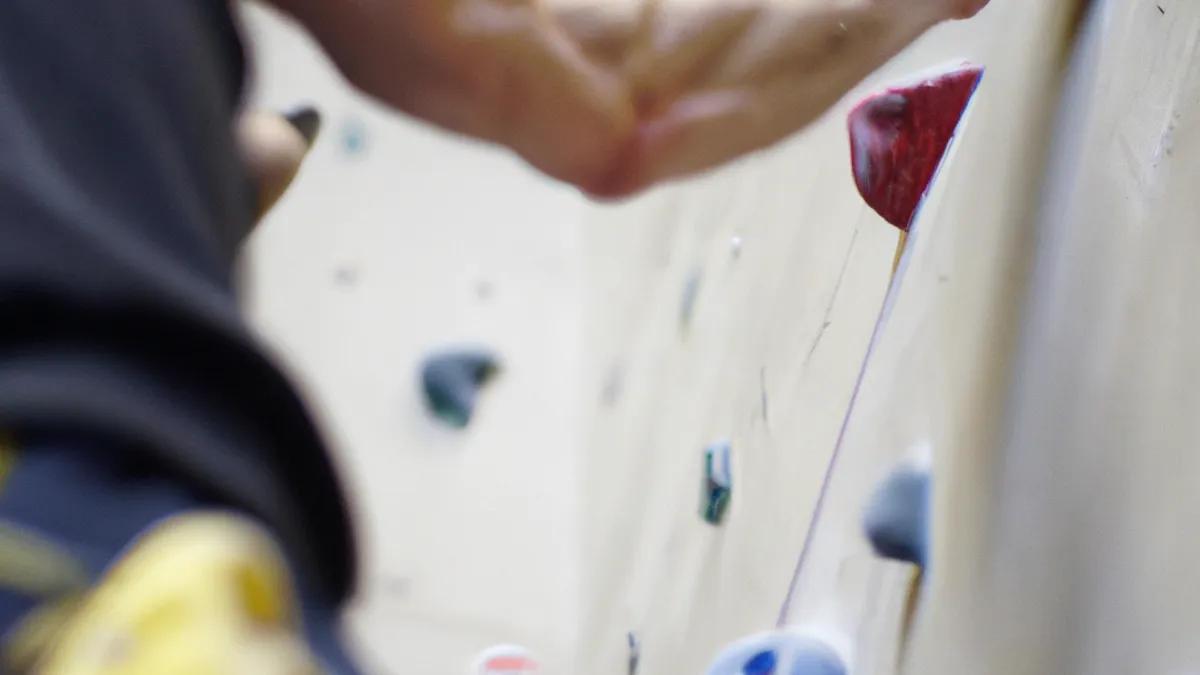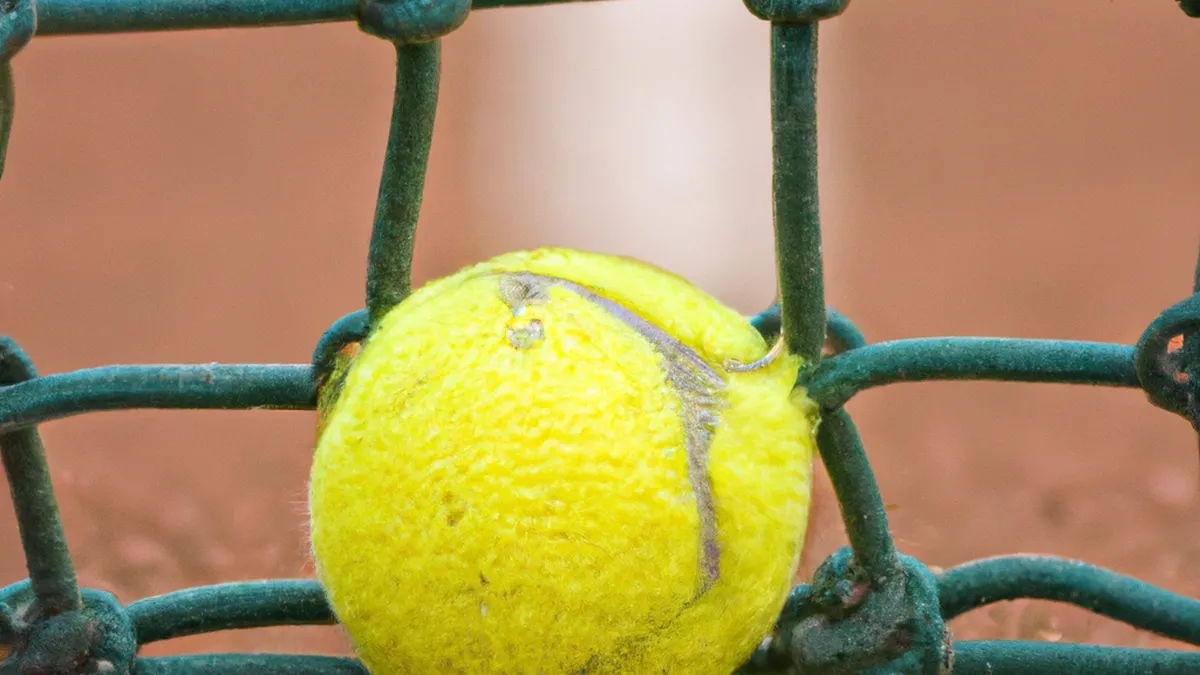Climbing Strength: Planks vs Crunches
Core Stability Exercises for Improved Climbing PerformanceClimbing requires strength, balance, and endurance. Many climbers ignore core stability, a critical element. A strong core enhances performance, improves technique, and reduces injury risk. This post explores core stability exercises that elevate your climbing game.
As an Amazon Associate I earn from qualifying purchases.
Gear tip: consider climbing shoes, chalk bag, and belay device to support this topic.
Understanding Core Stability
Core stability means maintaining control of your trunk during movement. It involves muscles like the abdominals, obliques, and lower back. Your core connects your upper and lower body while climbing. A stable core improves weight distribution and balance, enhancing climbing efficiency.
Why Core Stability Matters for Climbing
Climbing involves dynamic reaches and static holds. A strong core stabilizes your body during these movements. Engaging your core helps you transfer energy effectively. This efficiency leads to better foot placements and greater reach. Consequently, you climb faster and with more confidence.
Recommended Core Stability Exercises
Incorporate these exercises into your training routine. They enhance climbing performance and build overall strength.
1. Plank Variations
Planks build core strength and target multiple muscle groups.**Standard Plank:** Start in a push-up position. Keep your body straight from head to heels. Hold for 30 seconds to 1 minute.**Side Plank:** Lie on your side, supporting your body with one arm. Stack your feet on top of each other. Hold for 30 seconds on each side for more oblique engagement.**Plank to Push-Up:** Transition from a plank to a push-up position. This variation challenges your core and works your upper body.
2. Dead Bugs
Dead bugs develop core stability and promote coordination.Lie on your back with arms extended toward the ceiling. Bend your knees at 90 degrees. Slowly lower one arm and the opposite leg toward the ground. Return to the starting position and alternate sides. Aim for 10-15 repetitions on each side.
3. Russian Twists
Russian twists target the obliques and improve rotational strength.Sit on the floor with knees bent and feet flat. Lean back slightly while keeping your back straight. Hold a weight or medicine ball with both hands. Rotate your torso to the right, then to the left. Complete 10-15 twists on each side.
4. Mountain Climbers
Mountain climbers improve core strength and cardiovascular fitness.Start in a push-up position. Quickly bring one knee toward your chest, then switch legs. Keep your body in a straight line. Perform for 30 seconds to 1 minute.
Tips for Effective Core Training
Maximize benefits by following these tips:1. **Focus on Form:** Quality matters. Ensure proper form to prevent injuries. 2. **Incorporate Variety:** Change your routine regularly to keep workouts fresh and challenge your muscles. 3. **Add Resistance:** Increase difficulty by adding weights. This builds strength and stability.4. **Combine with Climbing:** Integrate core exercises into climbing sessions. Use downtime for core drills.5. **Stay Consistent:** Aim for core workouts two to three times a week. Consistency leads to better results.
Benefits of Core Stability Exercises
Investing time in core stability exercises offers many benefits for climbers.
Enhanced Performance
A stable core helps you execute movements effectively. You will maintain balance more easily on challenging routes. Improved core strength leads to better foot placements and smoother transitions.
Reduced Injury Risk
A strong core supports your spine and pelvis during demanding movements. Enhanced stability reduces strain and injury risks. A strong core also improves posture, further decreasing injury risks.
Increased Endurance
Core stability exercises boost overall endurance. A stronger core reduces fatigue during climbs. You can tackle challenging routes without losing form. This endurance benefits climbing and other physical activities.
Better Mental Focus
Core training enhances body awareness. As you develop stability, you attune to your movements. This awareness fosters concentration and decision-making while climbing. You will feel more confident on challenging routes.
Conclusion
Core stability plays a vital role in improving climbing performance. Incorporate targeted exercises into your routine to enhance strength, balance, and endurance. Focus on proper form and consistency. Over time, you will notice significant improvements in your climbing ability. Start prioritizing your core training today and watch your performance soar.
Below are related products based on this post:
FAQ
What is core stability?
Core stability refers to the ability to maintain control of your trunk during movement. It involves key muscle groups such as the abdominals, obliques, and lower back, which connect the upper and lower body while climbing. A stable core enhances weight distribution and balance, contributing to climbing efficiency.
Why is core stability important for climbing?
A strong core is essential in climbing as it stabilizes your body during dynamic reaches and static holds. Engaging your core allows for effective energy transfer, leading to better foot placements and increased reach. This results in faster climbing and improved confidence on challenging routes.
What are some recommended core stability exercises?
Some effective core stability exercises include plank variations, dead bugs, Russian twists, and mountain climbers. These exercises target different muscle groups and improve overall strength. Incorporating them into your training routine can significantly enhance your climbing performance.















Post Comment